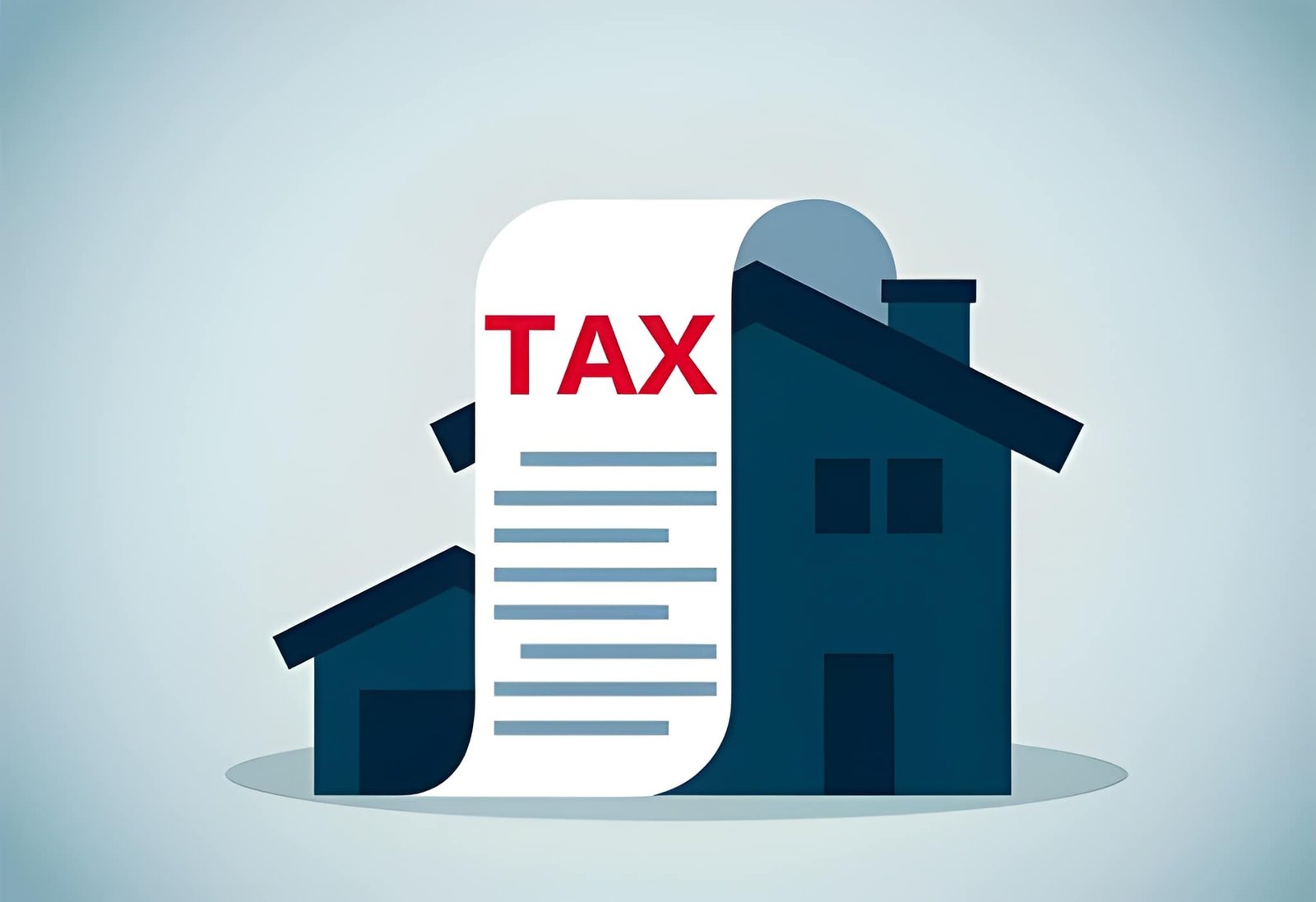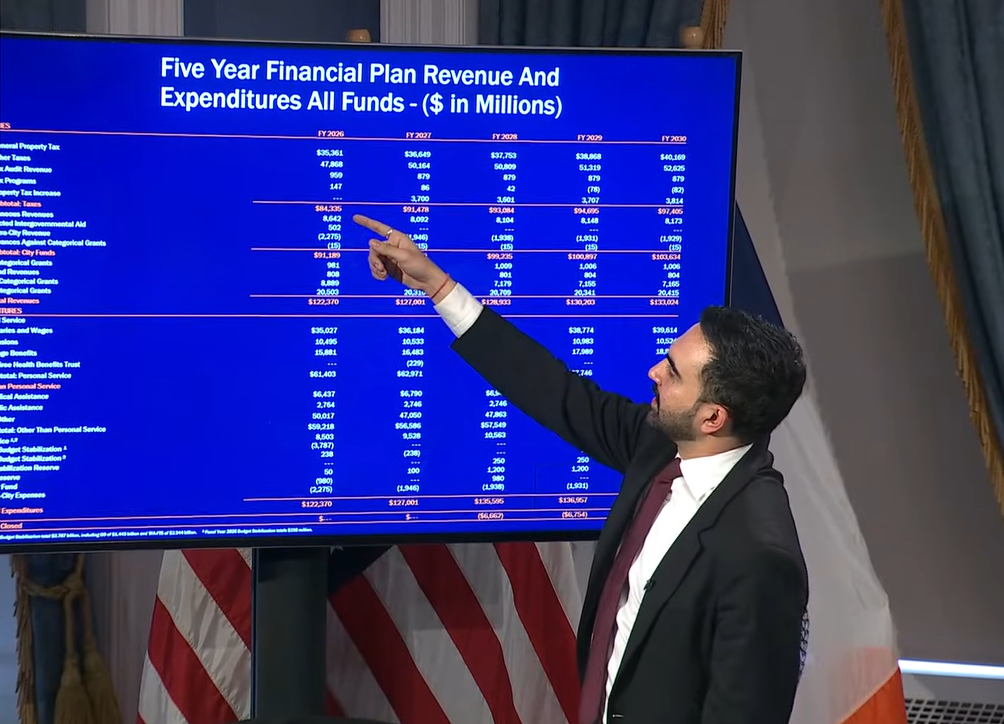This topic has been coming up a lot in the past week or so. And it’s a bit disconcerting to tax professionals who invest time with new clients like this.
It’s “the other guy did it that way” syndrome.
For instance, a new client came to a friend’s office, referred by an existing client. Why? Her previous tax preparer had been doing the tax returns manually (yes, by hand, the old-fashioned way). The client wanted the convenience of filing electronically and getting her refund deposited sooner.
My friend looked over the information provided – the two W-2s (her/husband), with a note saying “use last year’s numbers for the employee business expenses.” When asked about the nature of their jobs and the purpose of the business expenses, the clients admitted they had office jobs. Their accountant always made up these numbers for their tax return and they were able to get refunds.
When my friend refused to prepare the return that way, they got huffy and said they were going elsewhere. Can you imagine?
At the breakfast meeting last week, an EA told us his new client’s Schedule A was showing sizeable deductions for mortgage interest. He asked her for the Form 1098 to verify the amounts. She said that her mortgage had been paid off for over 5 years. But her tax preparer just entered the amounts so she could get a refund. You guessed it. She left, too.
On the other hand, another EA just told me about a new client whose previous preparer had been as delightfully scrupulous as those two. The new client came to her because she, and the accountant’s entire client base, had been audited – and he was now out of business.
Why bring this up here? After all, this is probably not news to you.
Because I’d like to offer a suggestion when it comes to new clients. Establish a policy that all new clients must pay a deposit equal (at least) to your minimum fee for their kind of tax return (Schedule A, Schedule C, etc.) – before you start working on it. That way, instead of investing an hour or several and then not getting paid, you will have been paid something.
Naturally, since they will be leaving and wanting a refund, you can counter with –
“We have already prepared your tax return based on the legal income and deductions you have provided. Here is a printed version of your tax return, ready to file. We have done our job. If you prefer not to use it – that’s up to you. And if you decide to take us to Court for a refund, please be prepared to explain to the judge why you wanted us to prepare a fraudulent tax return.”
If you don’t get referrals from people like this, it’s no loss.
——————–
Eva Rosenberg, EA is the publisher of TaxMama.com®, where your tax questions are answered. Eva is the author of several books and ebooks, including Small Business Taxes Made Easy. Eva teaches a tax pro course at IRSExams.com and tax courses to help you deal with tax debt http://www.cpelink.com/teamtaxmama .
Thanks for reading CPA Practice Advisor!
Subscribe Already registered? Log In
Need more information? Read the FAQs
Tags: Income Taxes, Taxes



